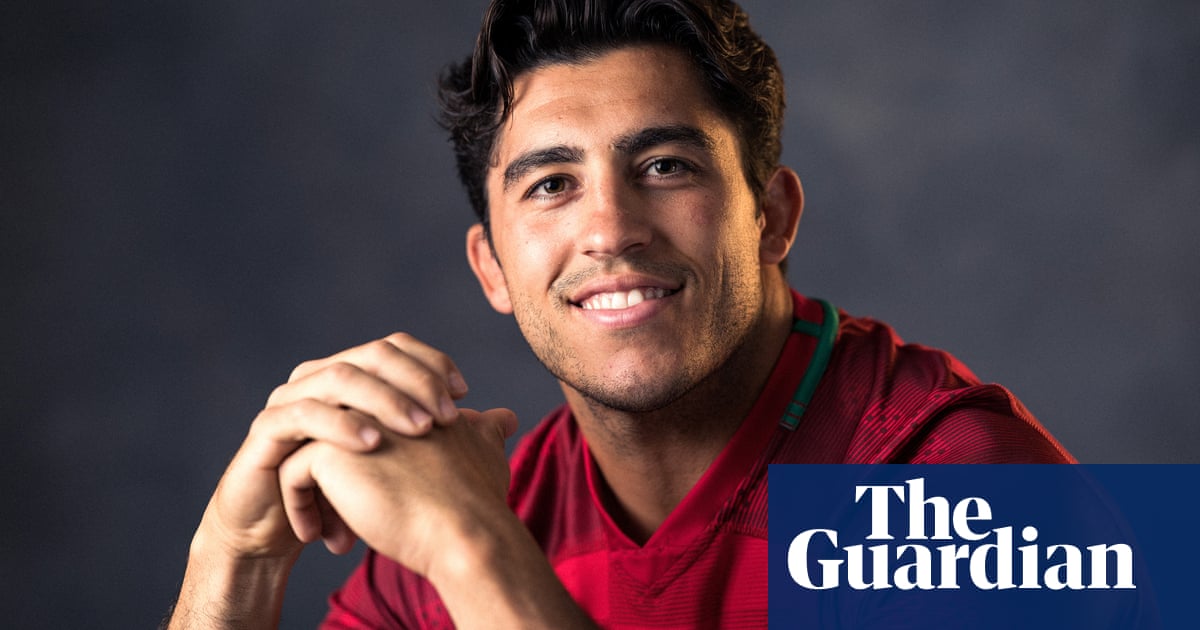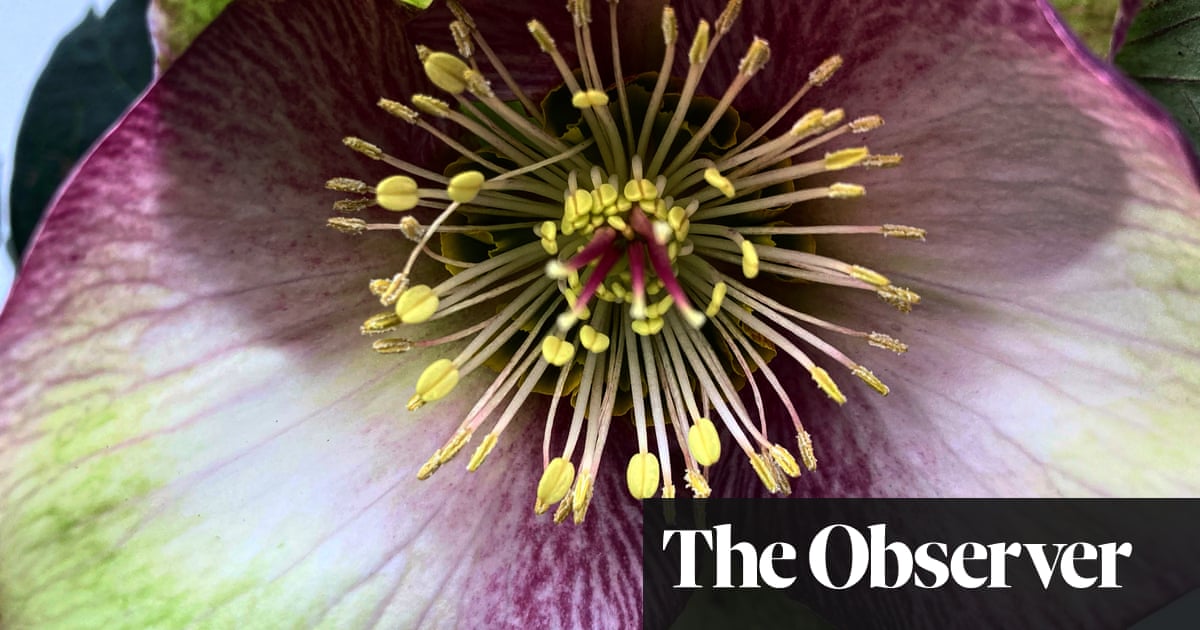
“Dreaming is free but to do it is different.” Romain Saïss could hardly have put it better. Morocco have written themselves, a continent and a region into football folklore and the impact could be priceless. Every underdog, which in practice also means every African country, arrives at a World Cup with big hopes and the occasional bold proclamation but the Atlas Lions have delivered in a way none of them has been able to match.
Before the tournament Walid Regragui, their manager, had warned: “One should not have too many expectations about this team.” Saïss, the captain and former Wolves defender, had suggested himself that a last‑16 place should be their target. Morocco were a low-key entrant to Qatar 2022 and never let themselves get carried away. The dream has increased in scope with every hurdle jumped; its rewards are already priceless.
“We want to keep making history,” Saïss said. On the face of things it will be a tall order against France, especially given the extent of Morocco’s walking wounded. Three of the back four that finished against Portugal were deputies; a second-half injury to Saïss, who was taken off on a stretcher and looked distraught at the time, was part of the reason. “I hope it’s going to be OK but, if I feel it’s too difficult, I won’t take any risk and put my team in trouble just to play the semi-final,” he said, cutting a much more upbeat figure in the hours after full time.
Such selflessness has helped to bring Morocco this far. Regragui has produced a minor miracle in coaxing painstaking defensive contributions from Hakim Ziyech and Sofiane Boufal, neither of whom was renowned for such diligence. One bonus of demanding contributions deep in defensive territory is that both are confident enough to execute some of the extraordinary flicks, passes and turns that fashion attack from defence in a few dizzying instants and are a beguiling hallmark of this side. No team at this tournament has broken opponents’ presses in such inventive fashion.
Sofiane Amrabat, the outstanding midfielder, explained how Morocco are reaching into hidden reserves. “We are very tired but there is no choice,” he said. “I wasn’t fresh but this is the World Cup and you must give everything you have: run like crazy until the end.”
He did exactly that. One slalom out of trouble and through Portugal’s midfield in injury time made a mockery of suggestions Morocco were spent and it is hard to imagine the degree of willpower, coupled with ability to remain so clear-headed, that was required to pull through at that stage. “I’ve already played almost 30 games this season in three or four months,” Amrabat said. “It’s very hard but you have no choice. Everyone has to go until the end and ask the maximum from himself, from his body.”
Morocco have rewritten the rules of possibility. The thought that a left-back from the Casablanca club, Wydad AC, might start a World Cup semi-final would never have seemed credible but Yahia Attiyat Allah showed on Saturday that he will be more than capable of competing if Noussair Mazraoui has not recovered from illness and injury. Achraf Dari, who came on for Saïss and showed no fear of putting his head where it might hurt most, had been his clubmate until joining Brest in July.
These things matter: they change everything, opening up the possibility that a headlong dash to Europe is not the only path to fulfilment. During the group stage it was common to sit in on African teams’ press conferences and hear, particularly from Ghana’s eloquent coach Otto Addo, why the continent’s attempts to break new ground are hamstrung by poor representation at World Cups. Little margin for error is possible with five slots. “If they had 10 African teams, perhaps five would get to the quarter-finals,” Regragui said after Morocco’s draw with Croatia, which raised few eyebrows at the time. “African teams need to be aware we are elite teams.”
Another of Regragui’s points back then was that Africa’s sides “often end up losing right at the end”. No longer. That spectre was thoroughly dismissed in the closing stages, swept away after Yassine Bounou had denied Cristiano Ronaldo the kind of ending he used to take for granted. When the Morocco substitute Zakaria Aboukhlal ran clear only to miss the most inviting of chances to settle things the ghosts of Ghana in 2010 and, perhaps less painfully, the fine Senegal and Cameroon sides that preceded them loomed large. But this time there was no cruel twist: just sheer proficiency. The removal of that mental barrier shifts the entire conversation for Africa and, quite conceivably, for traditional outsiders in general.
“The 22 players, how we defend, our fighting spirit,” Amrabat said when asked about Morocco’s secret. They have more strings to their bow than that but it has more than paid off to be self-effacing so far. Then came the bigger question: could they dare think of winning the entire thing?
“Yes, why not?” he replied in a millisecond. Morocco have earned their right to reach for the stars.












